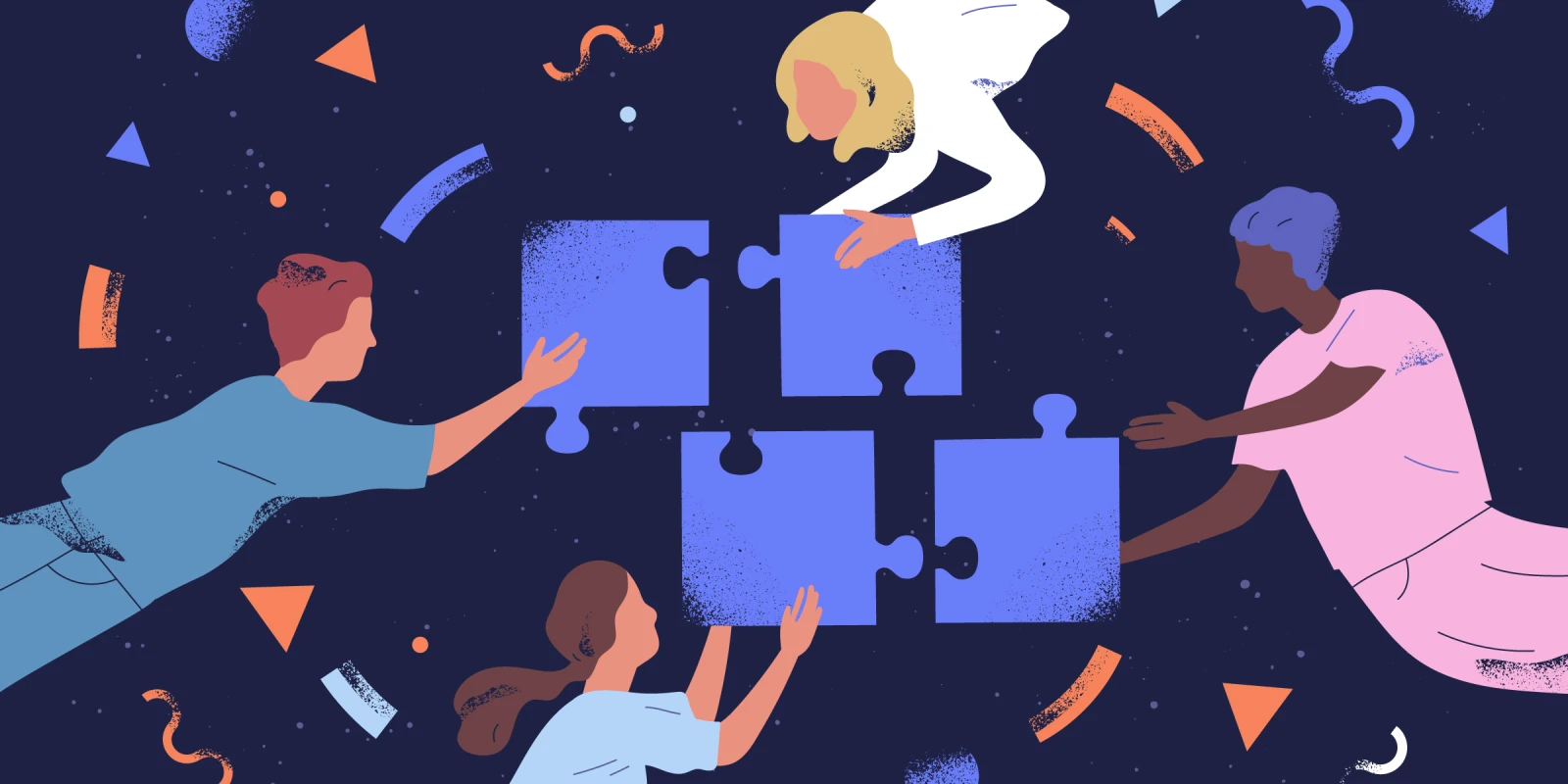I work in an academic medical center that encompasses a cornucopia of multiple generations. I will say upfront that I was born during the tail-end of the baby boomer generation. I have watched computers in health care move from “What do we do with those?” to now being integral as “I can’t believe we used to do all of our notes by hand!”
I am age invisible. I was born before the bicentennial celebration in our country, which places me earlier in the age-alphabet than just about everyone I work with. You all know the age alphabet — the letters X, Y, and Z that define the current generations in the workplace. I fully embrace the difference in the generations that are present in nursing since the turn of the millennium. In fact, I have children that are part of each of those alphabet generations.
Age invisibility is my point, or lack thereof. In my world of nursing, the focus is on millennials as being the future, not to mention the present, of nursing. Yes, absolutely, we need more great nurses in our workforce, and I happily embrace their presence and contributions. As a nursing faculty instructor, I know this new generation of nurses knows so much more than I did when I was a new nurse. The availability of information, the increased technology, and advances in medical and nursing research all contribute to their early-career knowledge. The speed at which they process information is amazing and is a huge asset for them, and indirectly for nursing as a whole.
We need thousands more nurses in our workforce. But let’s place some value on the experience and sage advice that our pre-alphabet generation provides. Our baby boomers are steadfast and committed to their work and the people they interact with. Generation X is the first to grow up with computers, being tech-savvy in a way their predecessors were not. Generation Y is more flexible and introduced the concept of work-life balance, directly benefiting everyone. Generation Z is more comfortable with non-traditional ways of acquiring skills. Ask them a question, and social media provides them the answer in an instant. All of these characteristics have enhanced and expanded the way we function with each other at work. All different approaches, and all trying to provide that same great patient care experience. We should be lauding the accomplishments of each of our current generations and embrace our differences and the contributions that are a result of those differences. Our worth should not depend on our age or the decade during which we were born.
If we disregard what our pre-alphabet generation offers, then who will teach the younglings? Yes, there is so much they know that I do not know, and I treasure the bandwidth of expertise they bring to the table. But there is also so much more that I know that they have not yet learned. I can look across a room and tell you in an instant if a sick patient is about to take a turn for the worse. I know that because I have lived that through my years of taking care of patients. It is the sixth sense I have that does not involve looking at heart monitors or detailed testing. That sixth sense develops from experience, involves looking, listening, touching, and seeing. That is something I wish I could teach my younger nursing colleagues.
The task now is integration. So, that leads me to think about what I want to eagerly learn from my younger nursing colleagues. They are experts at assimilating great amounts of information quickly and sharing it. I witnessed a group of nurses in their 20s meet up for the first time at a seminar. Within 10 minutes they had gathered each other’s names and numbers, found each other on social media, and set up groups. They are both more social via tech routes yet less in-person social at the same time, as they live in an online world. They have been working in groups in school since an early age and that is a definite plus when it comes to patient care and teamwork.
To the newer generations of nurses, I completely appreciate your patience when I am struggling with new technology. After all, I was an undergrad in college prior to the general use of the word processor. I remember typing my papers in college on a typewriter and having to throw out pages of a manuscript because I left out one part of a paragraph, then re-typing the whole remainder of the paper again. As a significant updated achievement, I did just complete earning my doctoral degree. I enthusiastically rejoice in the difference that word processors and internet searches have made in higher education, as well as daily patient care. I am looking to you, my younger counterparts, for help in fully incorporating technology, just as I hope you will look to me to help you develop the sixth sense of nursing.
What does your generation bring to the profession of nursing? Share in the comments.
Dr. Karen Scanlon Henry is a nurse practitioner in medical oncology in Miami, Florida. She enjoys baking, long walks, reading, and philosophical discussions with her adult children. Writing has been a lifelong passion and hobby for her. Karen is a 2022–2023 Doximity Op-Med Fellow.
Image by GoodStudio / Shutterstock






